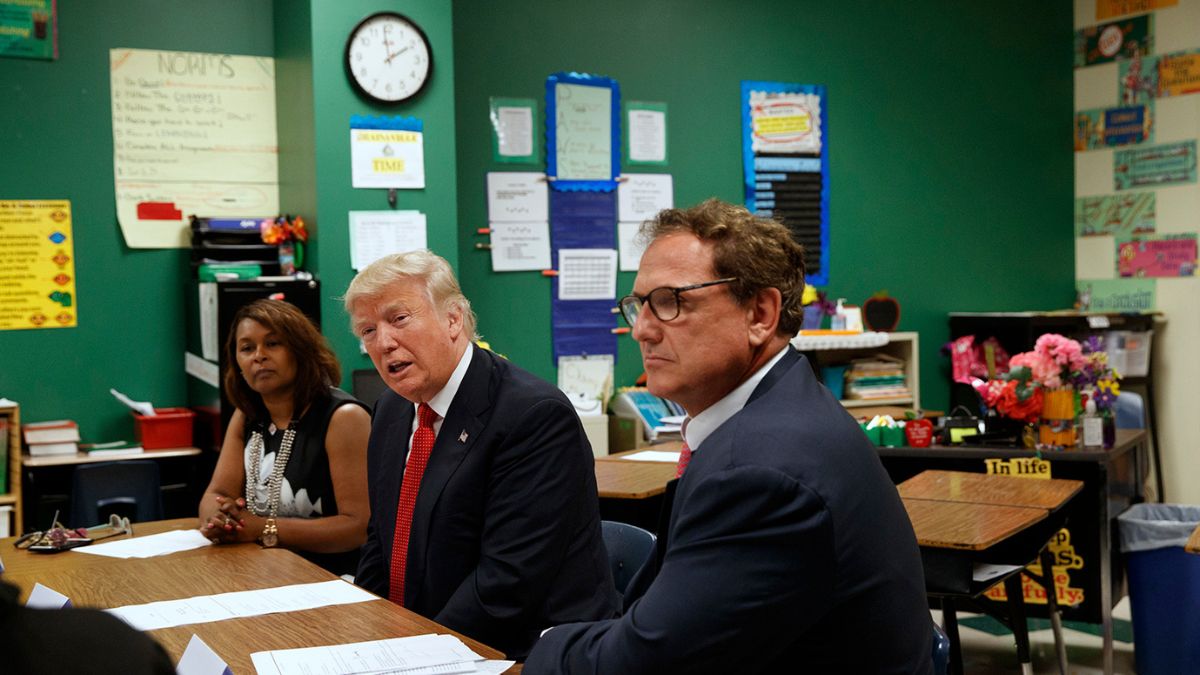What does the word education mean to you? Maybe it’s classrooms filled with students, the quiet hum of study halls, or the expansive possibilities of learning online. But what happens when you want to dig deeper? To describe learning outside its conventional forms? That’s where synonyms for “education” step in—and they do more than just spice up your vocabulary.
If you’re writing an essay, crafting a blog post, or simply describing a learning experience, understanding the alternatives for “education” can add depth, precision, and creativity to your communication.
In this blog, we’ll break down common synonyms for education, when to use them, and why language matters so much in describing the multifaceted world of learning.
What Do We Mean by “Education”?
Before we look at its alternatives, it’s worth revisiting the core of what “education” means. At its heart, education refers to the process of gaining knowledge, skills, values, and habits. Whether it takes place in formal settings like schools and universities or through informal experiences like mentorship, education drives both personal growth and societal development.
The term itself, however, often implies formality. While this is adequate in many scenarios, it can feel limiting if you’re trying to capture the full breadth of learning experiences.
Why Use Synonyms for Education?
Language shapes how we think and communicate. Using synonyms for “education” can:
- Provide context-specific precision. Words like “training” or “instruction” might better fit practical, hands-on learning, while terms like “enlightenment” evoke deeper, philosophical meanings.
- Avoid repetition, which helps your content sound more dynamic and engaging.
- Reflect diverse approaches and forms of learning beyond a traditional classroom setting.
Below, we’ll explore synonyms for education and how they fit into different contexts.
Common Synonyms for Education (and When to Use Them)
1. Learning
When to use it: Anytime!
“Learning” is a broad, approachable option that covers both formal and informal education. It highlights the process of acquiring knowledge without being as formal as “education.”
Example in context:
“Learning new languages can open doors to global opportunities.”
2. Training
When to use it: Skills-based instruction or professional development.
“Training” emphasizes practical, often job-related skills. Unlike “education,” it implies a focus on practice rather than theory.
Example in context:
“The company provides extensive customer service training to all new employees.”
3. Instruction
When to use it: Guided teaching in structured environments.
“Instruction” suits any scenario where someone is explicitly leading the learning process, like in classrooms, tutoring sessions, or workshops.
Example in context:
“Online video platforms offer step-by-step instruction on everything from cooking to coding.”
4. Tutoring
When to use it: One-on-one or small group teaching.
“Education” feels formal and broad, but “tutoring” emphasizes individualized or small-scale learning.
Example in context:
“Many students benefit from personalized tutoring to prepare for college entrance exams.”
5. Academia
When to use it: Higher education or scholarly contexts.
“Academia” specifically refers to the formal institutions of learning, including universities and research environments.
Example in context:
“After completing her master’s degree, she decided to continue contributing to academia.”
6. Schooling
When to use it: Formal education at primary or secondary levels.
“Schooling” refers specifically to organized learning during childhood and adolescence.
Example in context:
“Access to quality schooling can significantly impact a person’s opportunities.”
7. Enlightenment
When to use it: Reflective, intellectual growth.
“Enlightenment” carries a philosophical undertone and is best suited for writing that highlights emotional or spiritual learning.
Example in context:
“Her travels abroad provided a sense of cultural enlightenment impossible to gain in traditional settings.”
8. Development
When to use it: Growth or improvement, particularly in skills or character.
“Development” applies to education in a broader, more evolution-focused sense—perfect for personal or professional growth narratives.
Example in context:
“Leadership development programs are essential for building strong, effective teams.”
9. Erudition
When to use it: Refined, intellectual knowledge.
“Erudition” is a more formal term and typically signifies in-depth learning or scholarship.
Example in context:
“His erudition in ancient history was unparalleled.”
10. Cultivation
When to use it: Long-term, progressive growth of knowledge or values.
“Education” and “cultivation” overlap, but the latter suits discussions about nurturing specific abilities, like artistic talent or ethical principles.
Example in context:
“The cultivation of critical thinking skills begins with asking the right questions.”
11. Mentorship
When to use it: Guidance from an experienced individual.
“Mentorship” highlights relationship-based learning, where one person (the mentor) helps guide and shape the mentee’s growth.
Example in context:
“Her mentorship was instrumental to my success in the early stages of my career.”
12. Pedagogy
When to use it: The science or art of teaching.
Though less common in everyday language, “pedagogy” is ideal for discussions about how education is delivered. It’s often used in academic or philosophical texts.
Example in context:
“Modern pedagogy emphasizes student-centered learning environments.”
13. Andragogy
When to use it: Adult learning.
An alternative form of pedagogy, “andragogy” focuses on methods and strategies tailored for adult learners.
Example in context:
“The workshop on financial literacy uses andragogy to engage older professionals.”
Painting a Complete Picture of Learning
Education, in its broadest sense, is about growth. But growth means something different to everyone. A professional learning technical skills through training has a different experience compared to someone gaining cultural enlightenment through travel. Using thoughtful and precise synonyms allows you to respect these nuances and communicate with clarity.
When crafting your next blog, presentation, or conversation about learning, consider the weight “education” carries in context. Sometimes, a simple shift to “learning,” “development,” or “mentorship” will better capture the essence of the idea you’re trying to express.
Language isn’t just a tool—it’s a bridge to understanding.
Know and Use the Right Words
Finding the right word brings your writing to life, especially in the context of learning and education. Whether you’re discussing corporate training or academic research, choosing alternatives to “education” not only diversifies your vocabulary but also ensures your message resonates with your audience.
Looking for inspiration on how to take YOUR writing or communication to the next level? Our writing assistant can help refine your tone, structure, and content effortlessly. Sign up for a free trial today and discover how precise language transforms communication.
FAQs
What services does your writing assistant offer?
Our writing assistant provides assistance with tone enhancement, grammatical corrections, structure refinement, and content development for a variety of needs, including academic, professional, and personal communications.
How can I access the writing assistant?
You can access our writing assistant by signing up for a free trial on our website. Simply create an account, and you’ll be ready to start refining your content instantly.
Is the writing assistant suitable for professional use?
Absolutely! Our tool is designed for diverse applications, from corporate communication to creative projects. It ensures professional-grade output tailored to suit your audience.
Can I use the writing assistant if English is not my first language?
Yes! Our system is user-friendly and highly effective for individuals who speak English as a second language, providing clear and precise suggestions to improve your writing.
What makes your writing assistant unique?
Our assistant not only focuses on correcting errors but also on enhancing clarity and engagement. It ensures your message is delivered effectively and aligns with your intended tone and audience.









